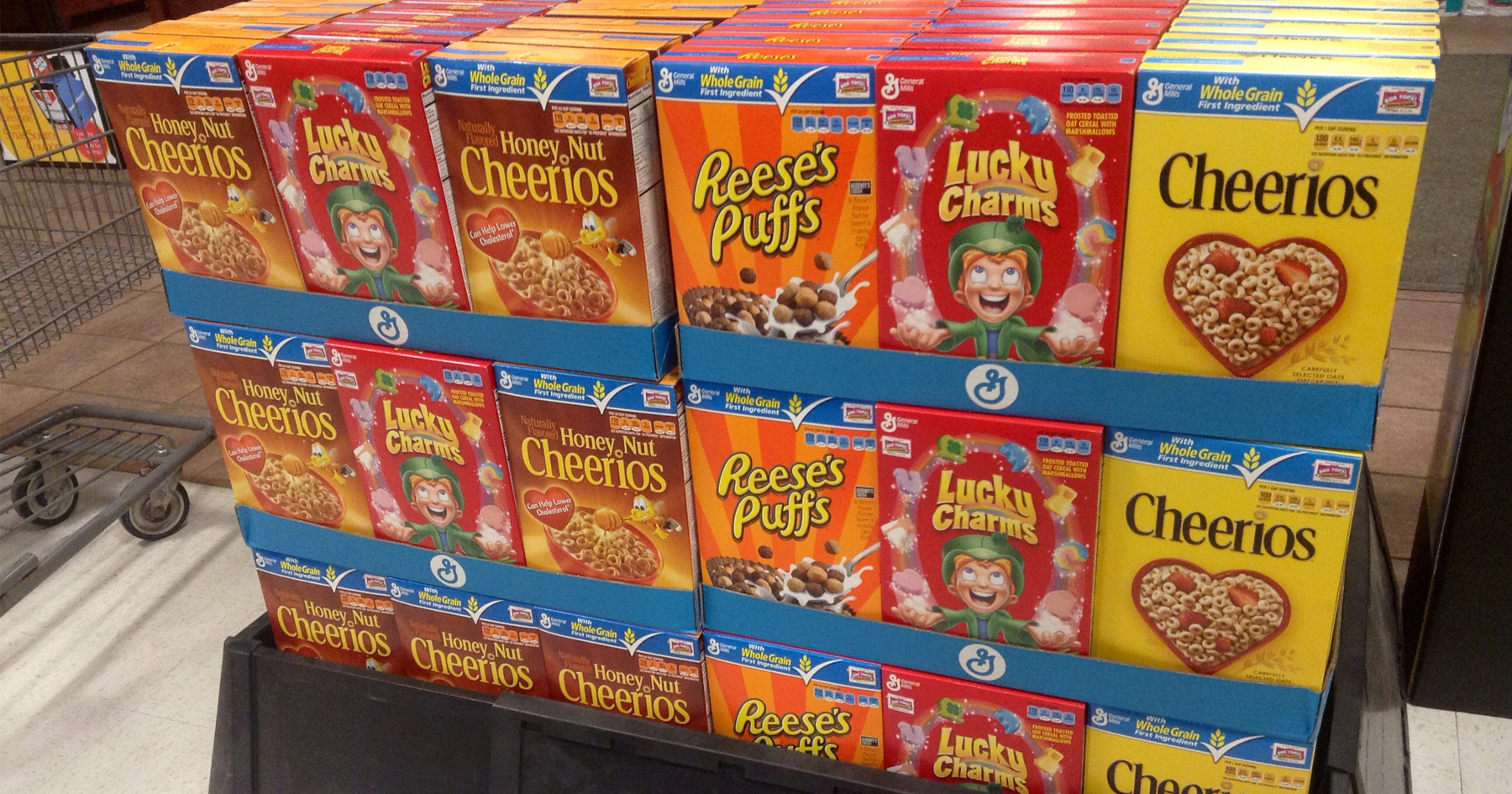The Alarming Reason the Bee on the Honey Nut Cheerios Box Isn't There

By:
Honey Nut Cheerios is replacing its friendly mascot, Buzz the Bee, for an alarming reason, and it's hard not to notice the bee's absence from the box.
 Jeepers Media/Mike Mozart - flic.kr
Jeepers Media/Mike Mozart - flic.kr
The packaging for the popular General Mills cereal has been slightly redesigned to reflect this change.
As part of the company's #BringBacktheBees campaign, which aims to educate the public about the decline in the bee population and pollinators nationwide, Buzz the Bee has been taken off the box. The campaign also encourages consumers to plant wildflower seeds, which can be ordered for free through its website, in order to create bee-friendly environments.
"Buzz is missing because there's something serious going on with the world's bees. Bee populations everywhere have been declining at an alarming rate, and that includes honeybees like Buzz," according to the Bring Back the Bees site.
Susanne Prucha, director of marketing for Cheerios, told ATTN: in a statement:
“Our commitment to increasing the habitat for pollinators is one way we are continuously striving to be a company that not only makes products people love, but a company that pursues creative solutions to make our world a better place for all families.”
People need the bees and, now, the bees need people.
In 2015, 44 percent of honeybee colonies died in the United States, with summer death rates over 11 percent higher than the acceptable loss rate, according to a report from Bee Informed.
President Barack Obama established in 2014, the Federal Pollinator Health Task Force under the Environmental Protection Agency (EPA) and tasked it with developing the National Pollinator Health Strategy to fight a steady decline in bee populations. One in three bites of food consumed in the U.S. was made possible by pollinating efforts of a honeybee, which adds an annual $15 billion dollars in agricultural value nationwide, according to the strategy's findings.
“Bees have been dying at alarming rates for about the last ten years,” Rebecca Riley, senior attorney for the National Resources Defense Council, told ATTN:. “If we lose bees, we lose a really important part of our agricultural system and our food supply.”
Riley explained there are three big threats to bee populations: habitat loss, pesticide use and disease. It’s the first of these concerns that the General Mills campaign hopes to counter by distributing free wildflower seeds. The USDA Forest Service recommends wild flower planting as a top option for assisting bee colonies along with avoiding certain pesticides, particularly neurotoxic solutions, and protecting native plants and colony nesting habitats.
The #BringBacktheBees campaign was initially launched in 2016 when it promised to develop 3,300 acres of dedicated pollinator habitat on oat farms by the end of 2020. This year, it pledged to give away over 100 million wildflower seeds through online campaign efforts.
